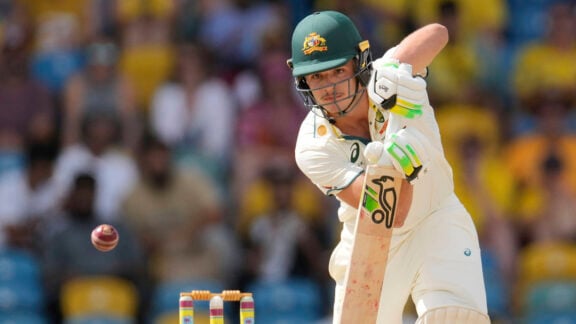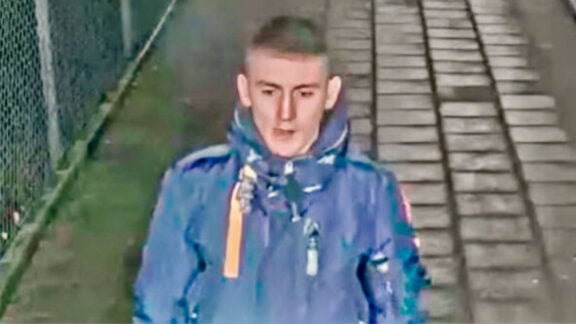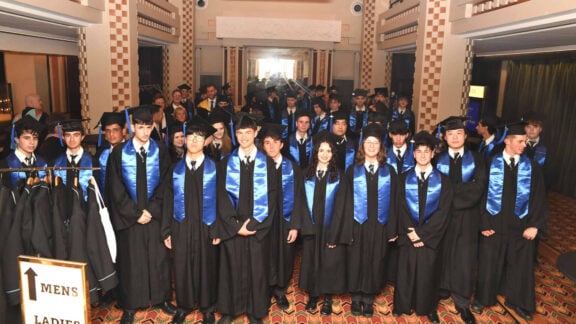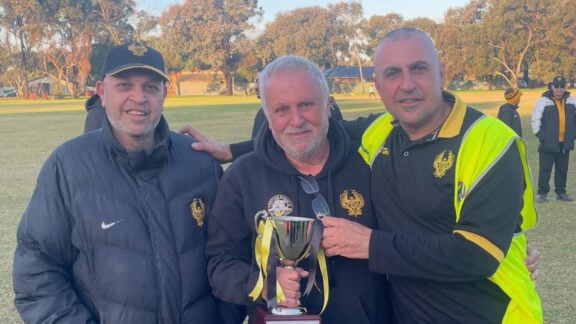Football organisations all around the world have been warned not to be complacent about match fixing after police uncovered a huge criminal network that rigged top-flight matches. Europol said a five-country probe had identified some 380 suspicious matches targeted by a Singapore-based betting cartel, whose illegal activities stretched to players, referees and officials across the world and at all levels of the game.
Matches included two UEFA Champions League games, one of them in England, and FIFA World Cup qualifiers, netting criminals more than $11 million in profit.
A further 300 suspicious matches were identified outside Europe in Africa, Asia and South and Central America.
In Australia, one A-league match is being investigated by authorities for fixing. The match in question allegedly attracted wagers of more than $40 million from Asian punters with Hong Kong betting agencies, receiving more gambling interest than the Premier League game that same week.
Football Federation Australia (FFA) CEO David Gallop announced that Australia is not immune to the problem but is working to stay on top of it.
“Match fixing and sports betting are serious matters that have the potential to cause serious damage to the integrity and image of any sport,” Mr Gallop said.
“While our National Code of Conduct contains strong provisions relating to betting and match-fixing, as a governing body we have put significant processes in place to try and safeguard against betting and match fixing related issues, including ensuring athletes receive education specifically on betting and match-fixing.”
Mr Gallop has had the experience of dealing with match fixing scandals during his time as Rugby League head, and has put in many provisions to keep the FFA clean.
In December 2012, the FFA commenced a 18-month agreement with Sportradar, an independent world leading betting monitoring organisation, to create another level of deterrence to match fixing in the A-League.
The FFA is also a member of the Coalition of Major Professional & Participation Sports (COMPPS), the National Integrity of Sport Unit and has product fee and integrity agreements in place with leading betting operators.
World governing body FIFA highlighted that closer cooperation was needed between football’s authorities and law enforcement agencies to crack down on match-fixers.
As part of investigations, which involved investigators in Germany, Hungary, Slovenia, Finland and Austria, 14 people have already been sentenced to a total of 39 years in prison, Europol said, with more than 100 prosecutions still expected.
At least 425 referees, players and other officials were suspected of involvement.
The largest bet profit was $900,000 in an Austrian league match between Redbull Salzburg and Hartberg. As well as arrests, some $9 million in cash and profits were seized, Europol said.
Advertisement
Match fixing rocks football world
The scale of the fixing network has shocked the football world, while Australia has upped its preventative measures








